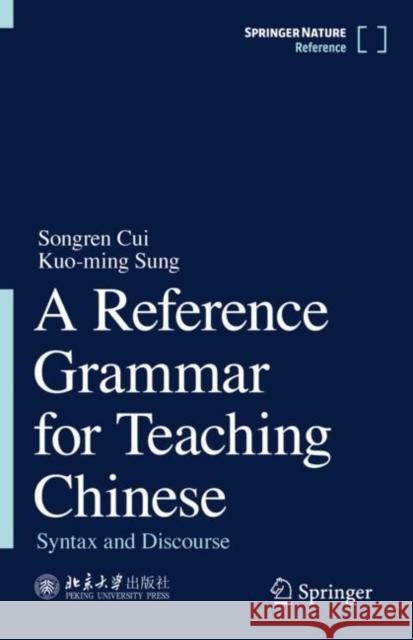A Reference Grammar for Teaching Chinese: Syntax and Discourse » książka
topmenu
A Reference Grammar for Teaching Chinese: Syntax and Discourse
ISBN-13: 9789813342064 / Angielski / Twarda / 2021 / 910 str.
Kategorie:
Kategorie BISAC:
Wydawca:
Springer
Język:
Angielski
ISBN-13:
9789813342064
Rok wydania:
2021
Wydanie:
2021
Ilość stron:
910
Waga:
1.67 kg
Wymiary:
24.13 x 32.51 x 4.57
Oprawa:
Twarda
Wolumenów:
01











